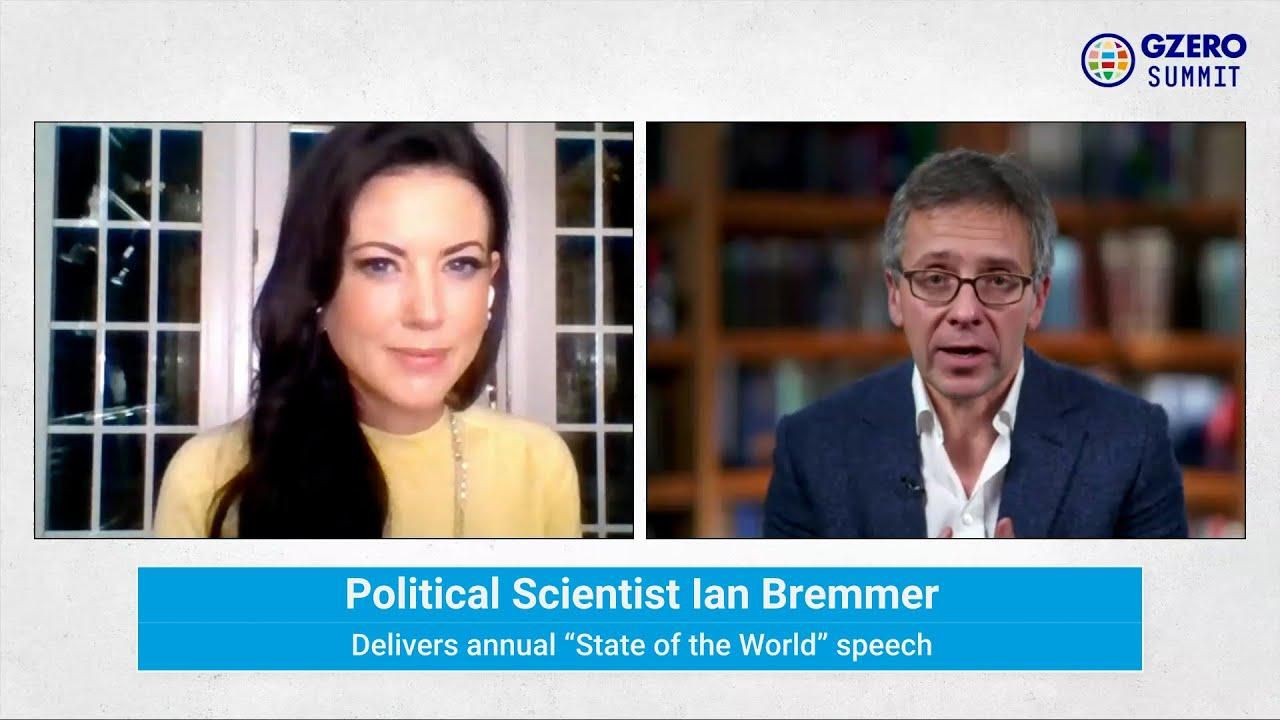State of the World
Who's winning the global battle for tech primacy?

Who’s Winning the Global Battle for Tech Primacy? | GZERO Summit | GZERO Media

How is China able to control their tech giants without suppressing innovation?
For Ian Bremmer, one important reason is that there's a big difference between Jack Ma questioning Chinese regulators and Elon Musk doing the same to the SEC.
"In the United States you've got fanboys if you do that; in China, they cut you down," Bremmer told CNN anchor Julia Chatterley in an interview following his annual State of the World Speech.
Still, he says China knows it cannot kill its private sector because it needs to keep growing and competing with American tech firms.
So, who's winning the global battle for tech primacy?
Right now, Bremmer believes the US and China are at tech parity — thanks to their tech giants.
"When we're talking about tech supremacy, we can't just talk about governments anymore."
Somewhere in the Donbas region, Ukrainian soldier Artem Bondarenko says he hasn’t slept through the night in months as he defends Eastern Ukraine.
In the latest episode of Vladimir Putin and Xi Jinping's hit wellness podcast This Authoritarian Life, we learn how positive communication patterns can break negative cycles in our relationships -- especially our relationships with Iran, Syria, Venezuela, and Cuba. #PUPPETREGIME
Israel indirectly warned Lebanon that it would strike its northern neighbor hard if the Iran-backed militia group Hezbollah gets involved in any future US-Iran conflict, two Lebanese officials told Reuters.